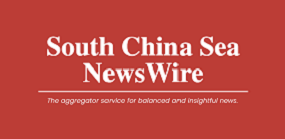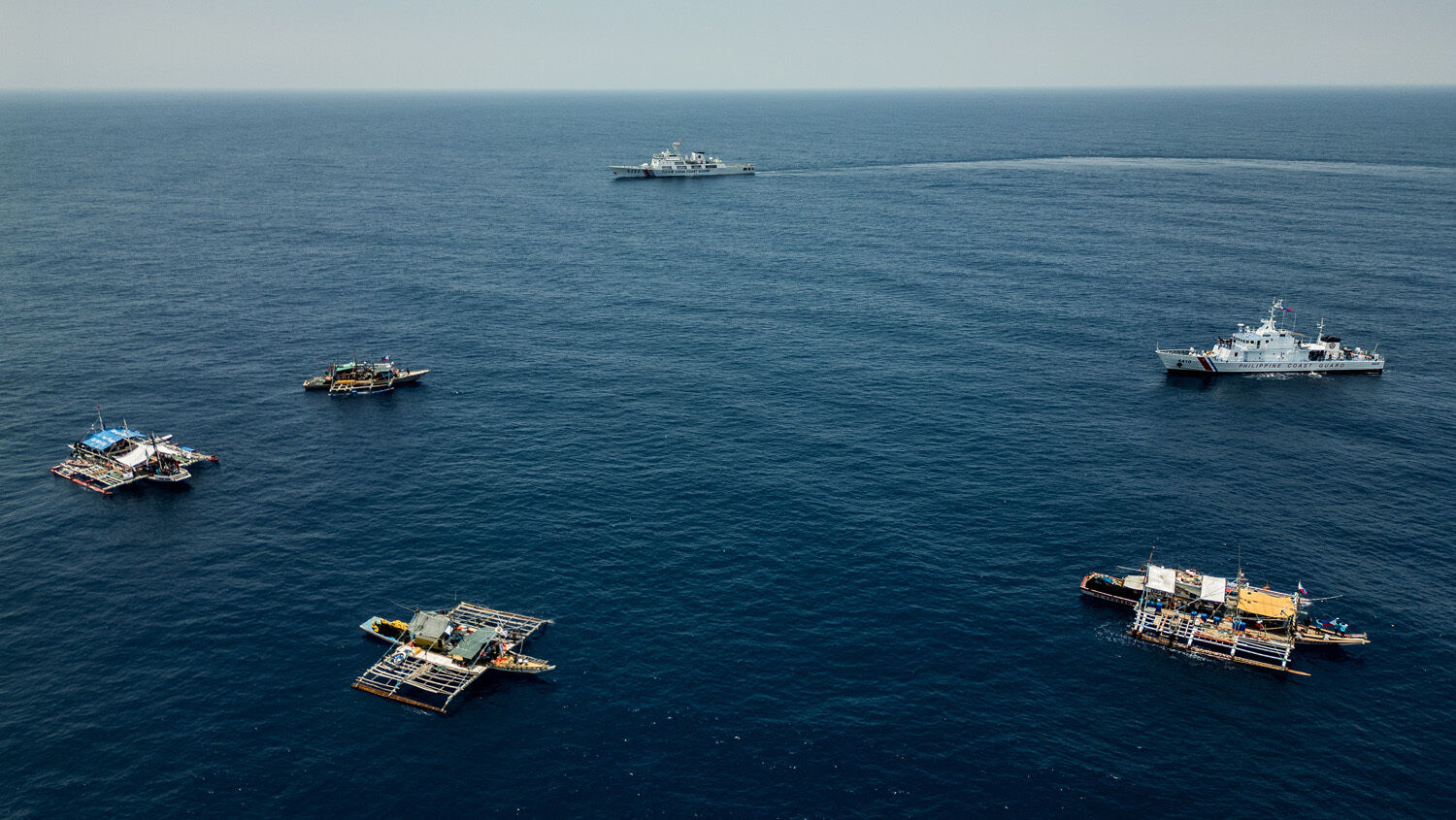By Benjamin Blandin
From 10–12 September 2025, the Indo-Pacific Oceans Workshop (IPOW) convened in Bangkok, Thailand, under the theme “Enhancing Information Fusion and Operational Precision Across Seams in the Indo-Pacific.” The workshop, co-organized by the Near East South Asia (NESA) Center for Strategic Studies, the National Maritime Foundation (NMF), the Daniel K. Inouye Asia-Pacific Center for Security Studies (DKI APCSS), and the Yokosuka Council on Asia-Pacific Studies (YCAPS), marked the fifth iteration of this annual series.
The forum brought together senior officials, practitioners, industry leaders, and scholars from across the Indo-Pacific and beyond. Its objective was to explore how advances in technology and new models of information sharing can strengthen maritime domain awareness (MDA) and support operational precision in an increasingly complex maritime environment.
Strategic Context
The Indo-Pacific is defined by its reliance on secure and open sea lanes. However, the region faces a growing array of traditional and non-traditional maritime threats. These range from illegal, unreported, and unregulated (IUU) fishing and transnational smuggling to coercive state behavior and asymmetric tactics at sea. Such challenges stretch national resources and expose gaps in policy and operational responses.
Parallel to these threats, global investment in MDA systems has generated unprecedented volumes of maritime data. Yet the rapid expansion of available information has not been matched by uniform access, standardization, or verification. Data is often fragmented across state agencies, private firms, and international organizations, complicating coordinated responses. As MDA becomes both more democratized and conceptually diffuse, the demand for greater precision in data acquisition, analysis, and dissemination has grown sharply.
Workshop Discussions
Over three days, participants engaged in a structured program of plenary sessions, breakout groups, and policy roundtables. The agenda revolved around seven thematic areas:
- Navigating Maritime Variables – Identifying current drivers of maritime insecurity and lessons from recent disruptions.
- Traditional Cooperation – Assessing the state of intergovernmental information-sharing regimes, joint training, and multilateral frameworks.
- Private Sector Contributions – Examining the increasing role of commercial entities in generating and distributing maritime data.
- Information, Intelligence, and Veracity – Addressing challenges of misinformation, data reliability, and the standards required for actionable intelligence.
- R&D and Technology Adoption – Reviewing how regional defense industries can innovate and integrate tools to strengthen maritime operations.
- Digital MDA Dashboard – Introducing and debating a prototype platform designed to integrate diverse data sources into an operationally usable format.
- Operational vs. Strategic Scale – Considering how localized maritime threats can and should influence broader regional strategies
Breakout sessions allowed smaller groups to develop targeted recommendations, testing ways to balance state-led initiatives with private sector innovations while maintaining trust and transparency in data sharing.
Key Outcomes
Institutionalizing data-sharing mechanisms: Stakeholders underscored the need to create sustainable frameworks for information exchange, particularly across state and non-state divides.
Verification and certification of information: Establishing robust processes to ensure accuracy and reliability of shared data was highlighted as essential for operational decision-making.
Balancing state oversight with private innovation: While governments remain central actors, participants acknowledged the growing value of commercial providers in advancing MDA.
Digital Dashboard as a tool for precision: The prototype dashboard was welcomed as a step forward in organizing diverse data streams, though participants noted that further refinement and governance models would be needed for effective uptake.
Shared responsibility for maritime security: The discussions reinforced that maritime security in the Indo-Pacific is a collective endeavor, requiring contributions from governments, industry, and academia alike.
Conclusion
The 2025 Indo-Pacific Oceans Workshop reaffirmed the urgency of enhancing regional maritime domain awareness and operational precision. It underscored that while the region faces a convergence of complex maritime threats, there is also a window of opportunity to leverage technology, foster cross-sector cooperation, and institutionalize mechanisms of trust.
The workshop’s outputs emphasized the importance of precision—not only in data management but also in how maritime stakeholders design policies, coordinate responses, and align operations. By bridging divides between states, private sector innovators, and academic research, IPOW 2025 contributed to strengthening a cooperative security architecture capable of addressing the Indo-Pacific’s increasingly turbulent maritime environment.
 Benjamin Blandin has been working as a consultant in strategy and innovation for 15 years in both industry and consulting firms. He holds an MA in strategy consulting from EM Lyon (France), an MA in Geopolitics from the French Institute of Geopolitics and graduated from the Paris Military Academy (maritime strategy program). Benjamin has earned a Ph.D. from the Paris Catholic University in geopolitics focusing on the phenomena of AZAD, hybrid warfare and grey area tactics in the South China Sea. Benjamin is a member of the South China Sea NewsWire’s advisory board.
Benjamin Blandin has been working as a consultant in strategy and innovation for 15 years in both industry and consulting firms. He holds an MA in strategy consulting from EM Lyon (France), an MA in Geopolitics from the French Institute of Geopolitics and graduated from the Paris Military Academy (maritime strategy program). Benjamin has earned a Ph.D. from the Paris Catholic University in geopolitics focusing on the phenomena of AZAD, hybrid warfare and grey area tactics in the South China Sea. Benjamin is a member of the South China Sea NewsWire’s advisory board.


